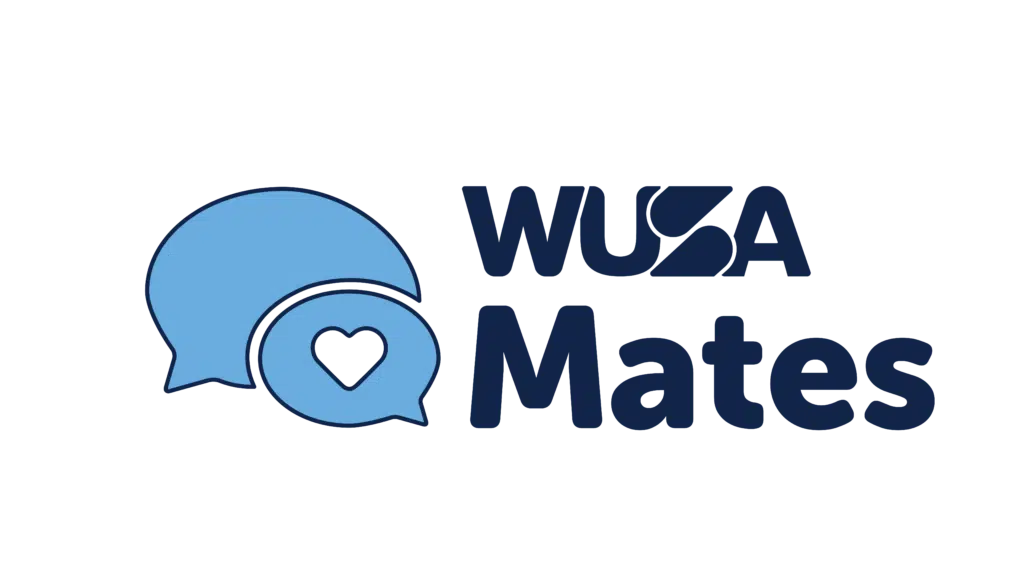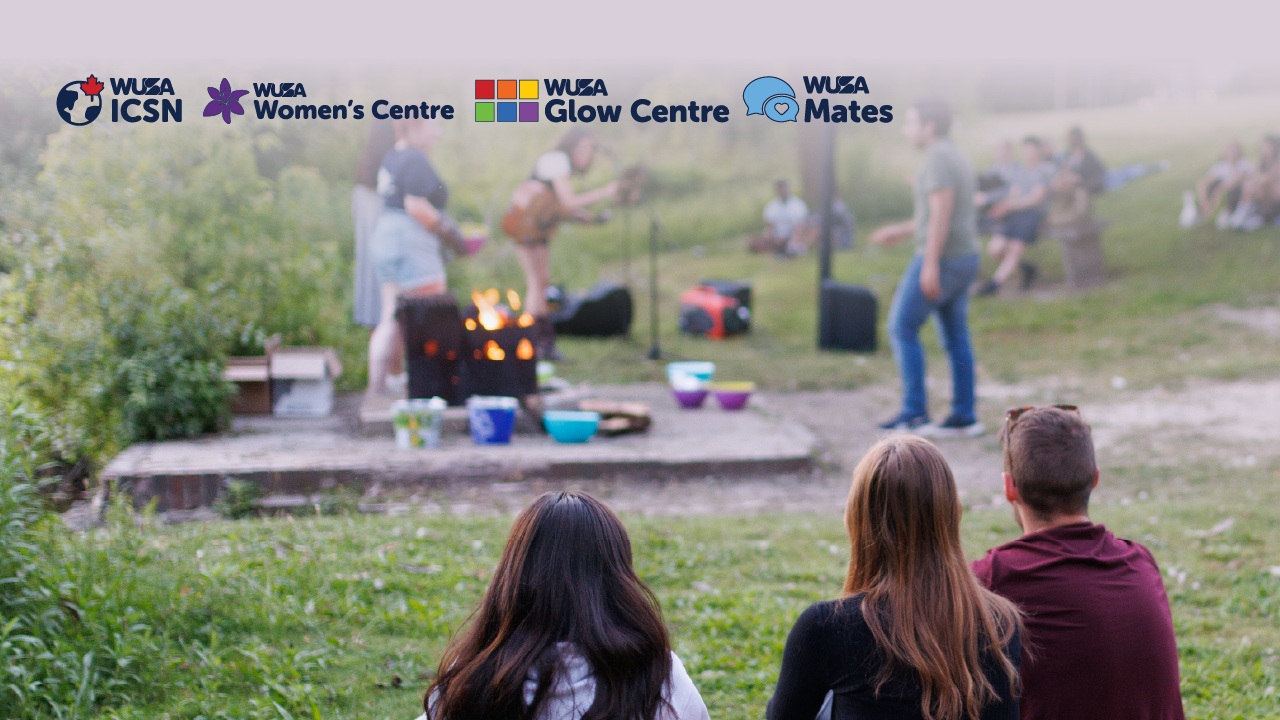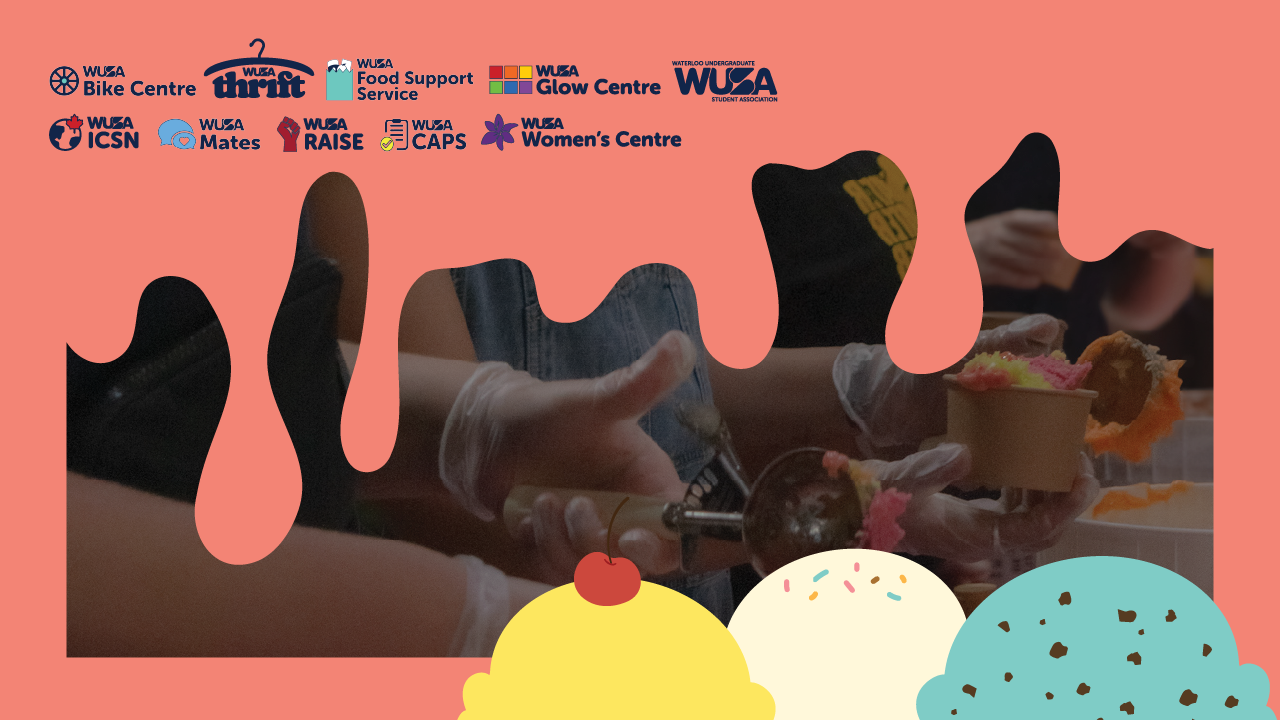
About Mates
Mates is a service focused on supporting student well-being. Our service offers one-on-one peer support appointments for students looking to talk to someone in a confidential space. Our in-person office also has a wellness lounge, where students can drop-by and participate in wellness activities.
Connect with us!
Instagram:@UWMates | Email: mates@wusa.ca
Peer Support
Mates has a team of upper-year students available to meet with you and support you through whatever you may be going through! In an appointment our volunteers will listen and offer resources and coping strategies to help you come to a solution that works for you.
Peer Support Office Hours
| Student Life Centre (SLC) | St. Jerome’s University (SJU) | Renison |
|---|---|---|
| Mon. & Wed.- 12 – 4 PM Thurs.- 12 – 6 PM |
Tues. – 4 – 8 PM | Thurs. 5 – 9 PM |
Online Drop-in Peer Support
Every Monday through Microsoft Teams (Need help?)
Meeting Link | Meeting ID: 259 841 947 144 | Passcode: mT2Hb94L
Wellness Lounge
Our lounge is a safe, welcoming space open to all UW undergrad students. Our lounge has board games, craft supplies, school supplies, and fidget toys that you can use. Stop by during our office hours to meet new people on campus, relax, or have a chill place to study.
Wellness Lounge Office Hours
Mon. & Wed.: 4:00 pm – 8:00 pm
Frequently Asked Questions
Upcoming Events
Volunteer Opportunities
Each term we hire volunteers to help run our service.
Wellness Lounge volunteers are responsible for running our lounge space by facilitating activities, keeping track of numbers, and interacting with students.
Peer support volunteers hold weekly office hours (minimum two hours weekly) to offer support to students. Peer support volunteers also attend a weekly debrief with the coordinators and representatives from UW counselling services. Peer support volunteers must be in the second year, and have strong interpersonal communication skills.
Executive volunteers work as a team to organize events, implement advocacy and marketing projects and help manage our team of volunteers.
Check-out our Instagram in the third month of the term for applications and further details. Questions about volunteering can also be directed to mates@wusa.ca




